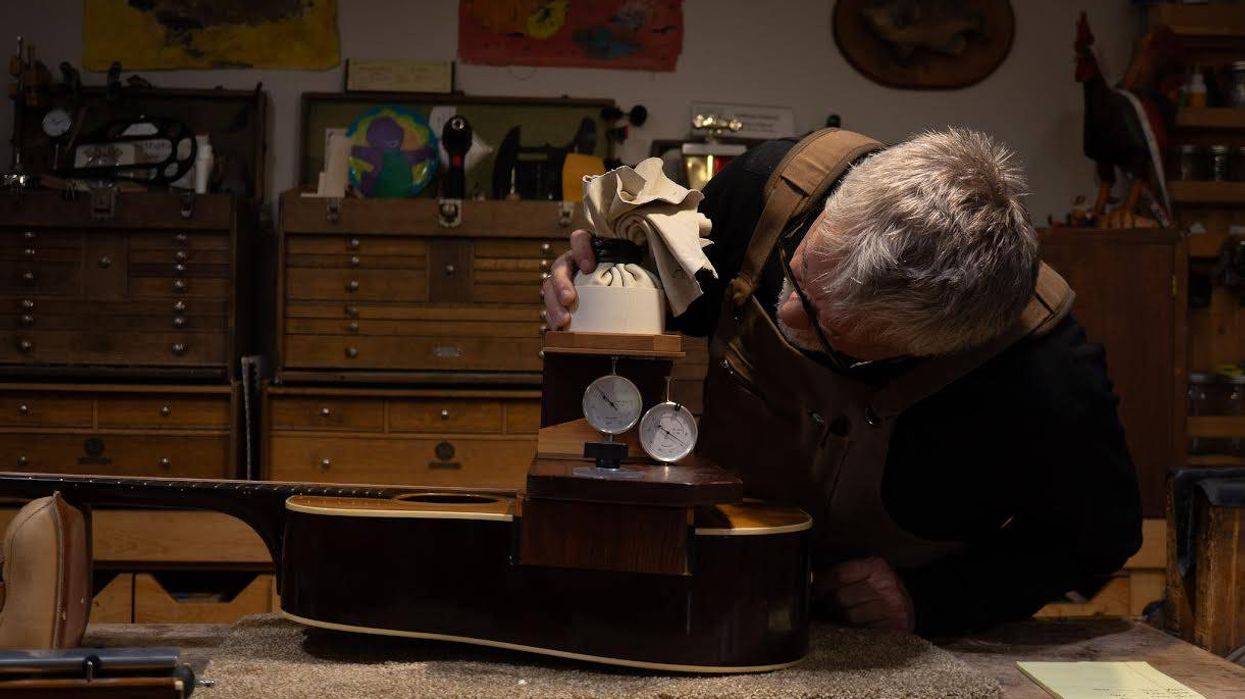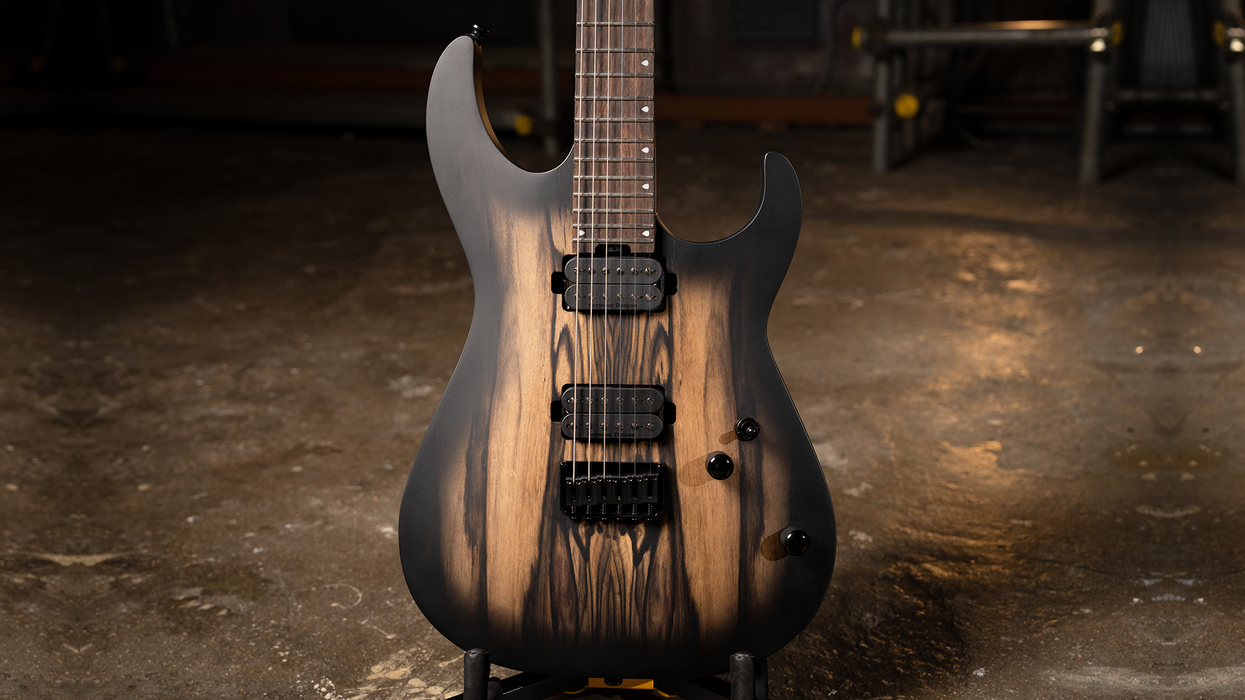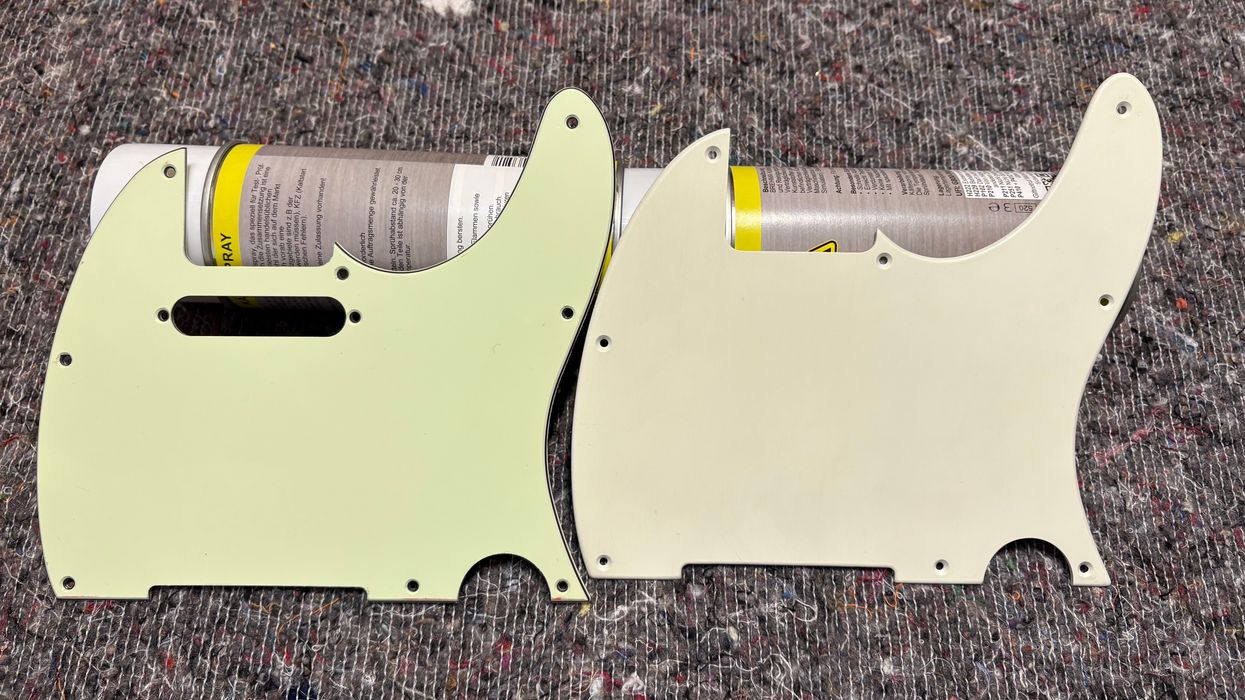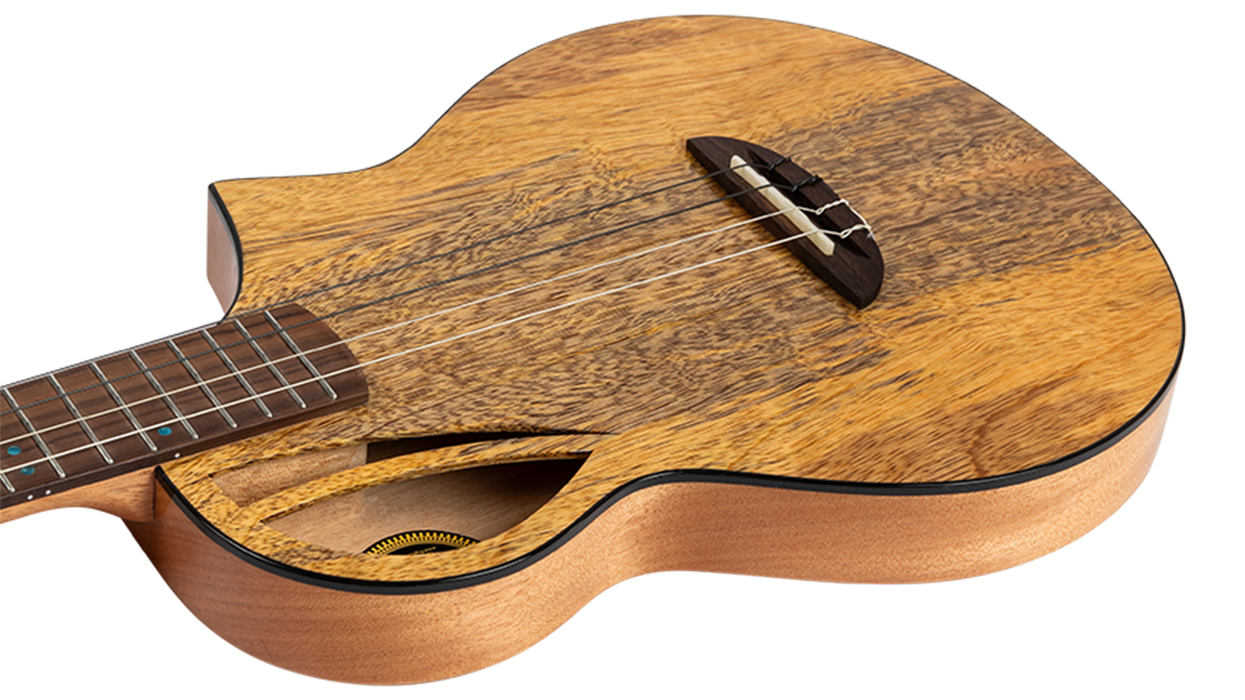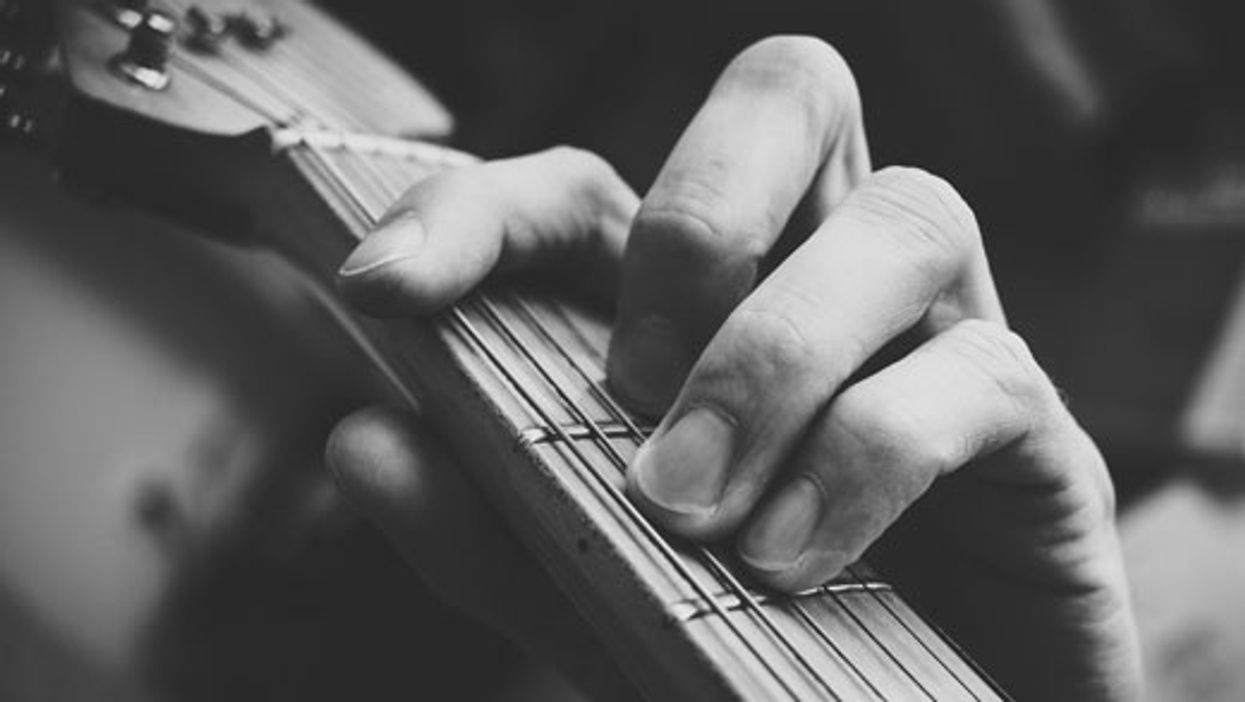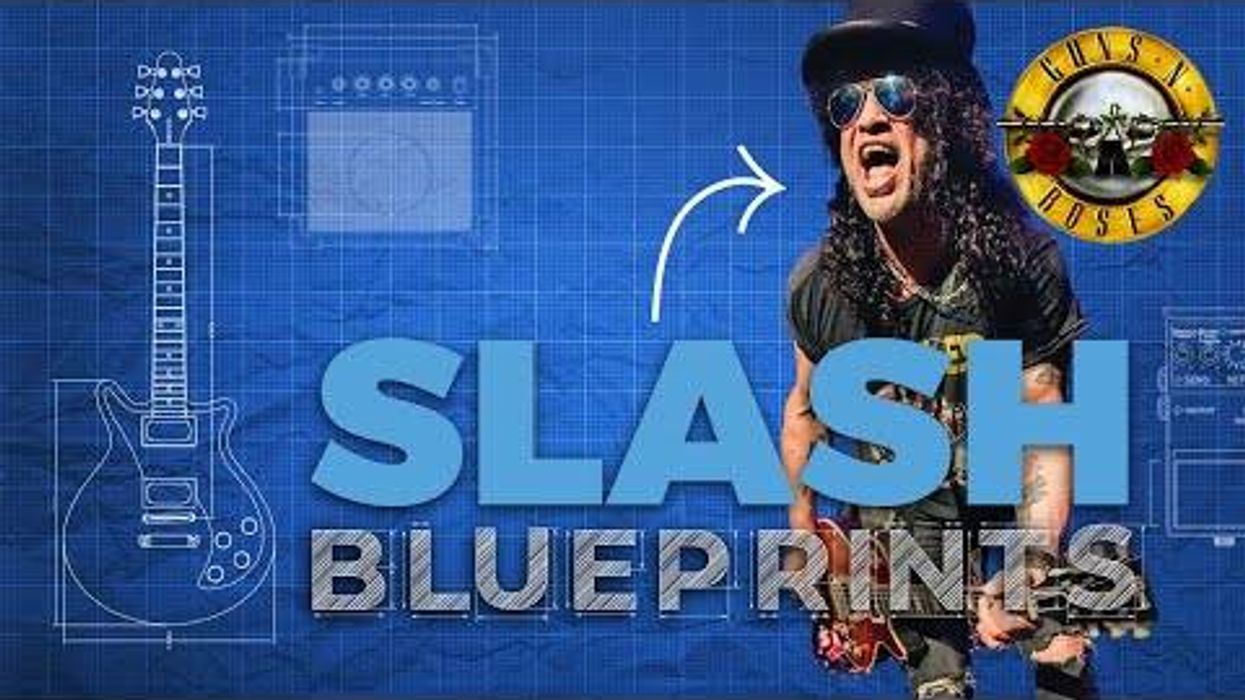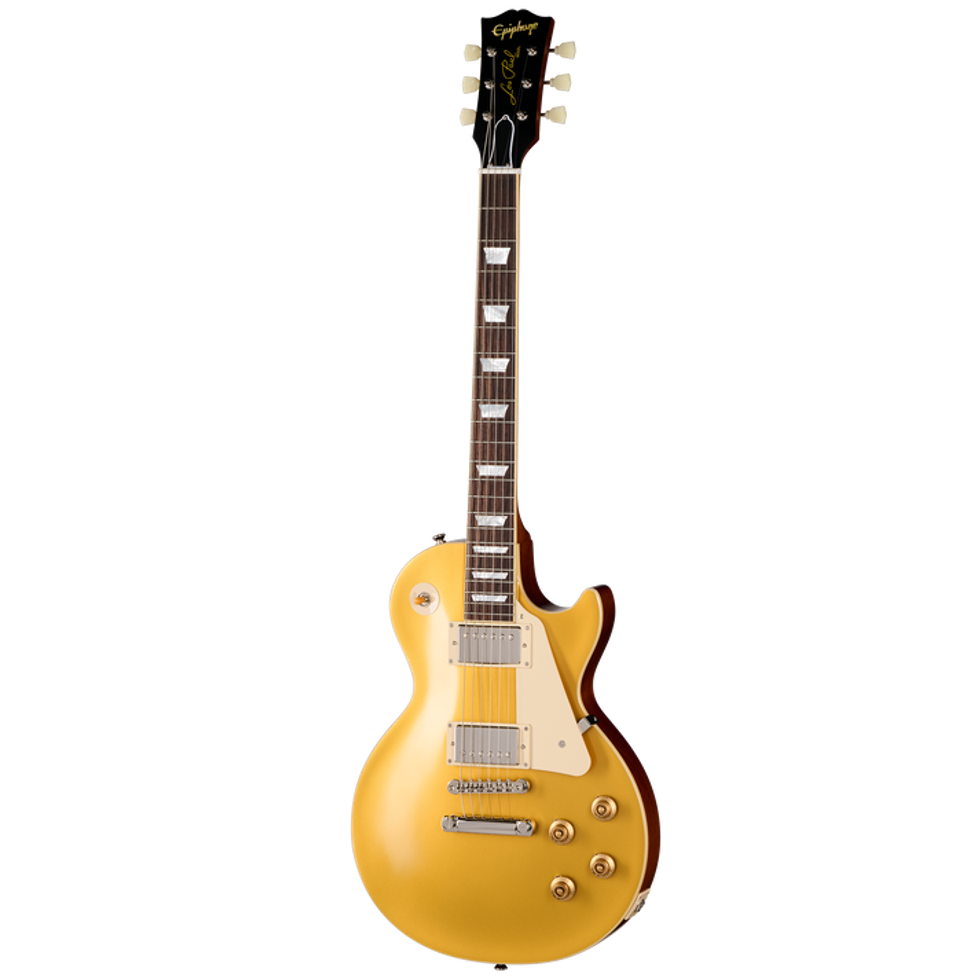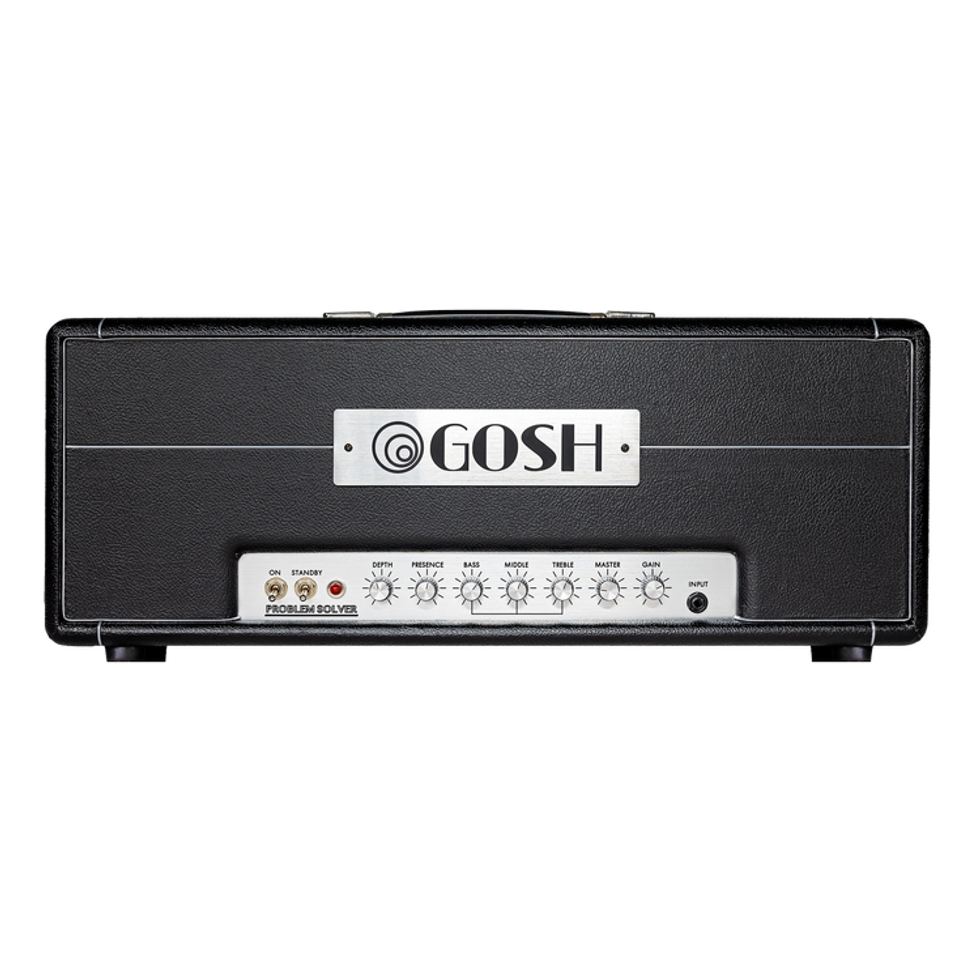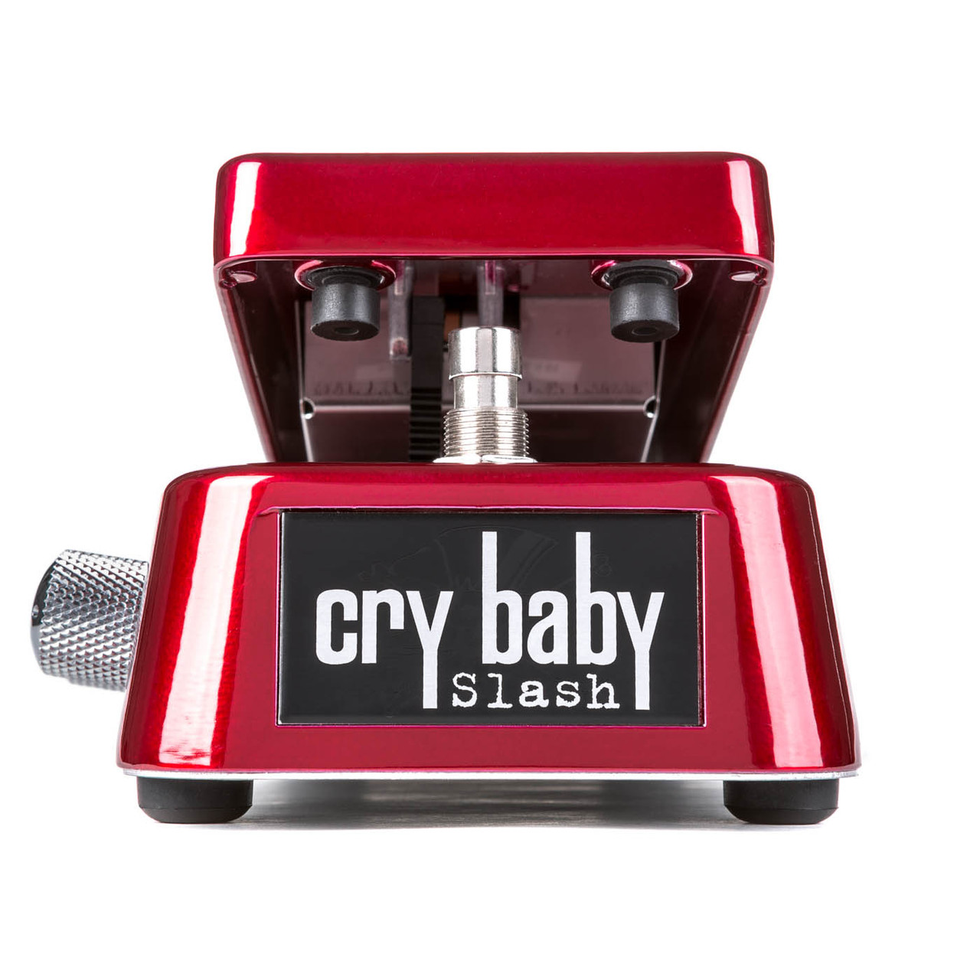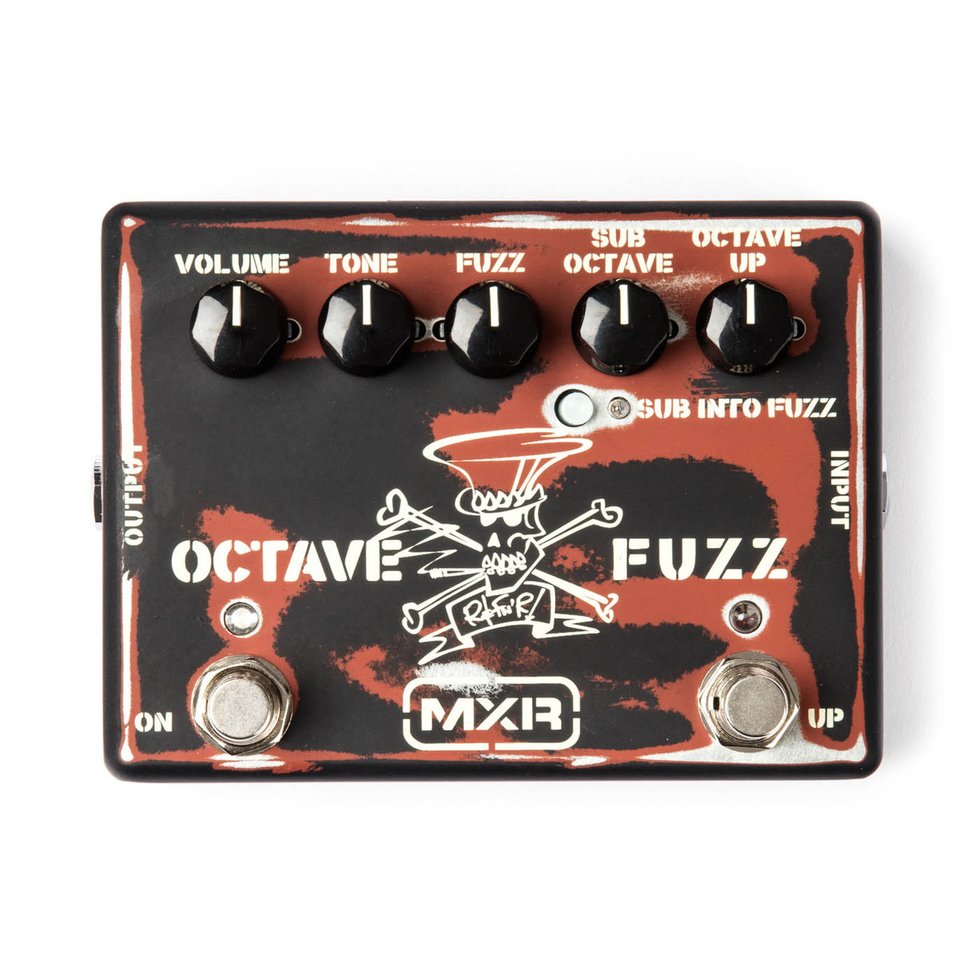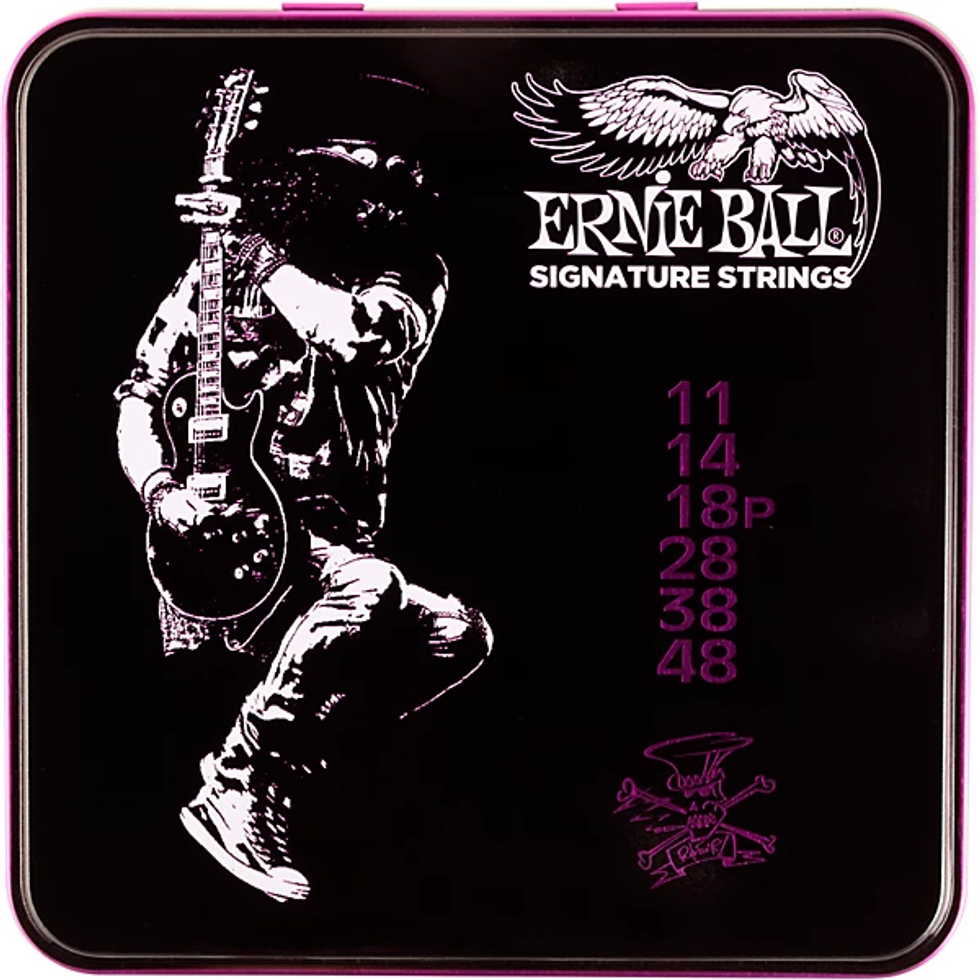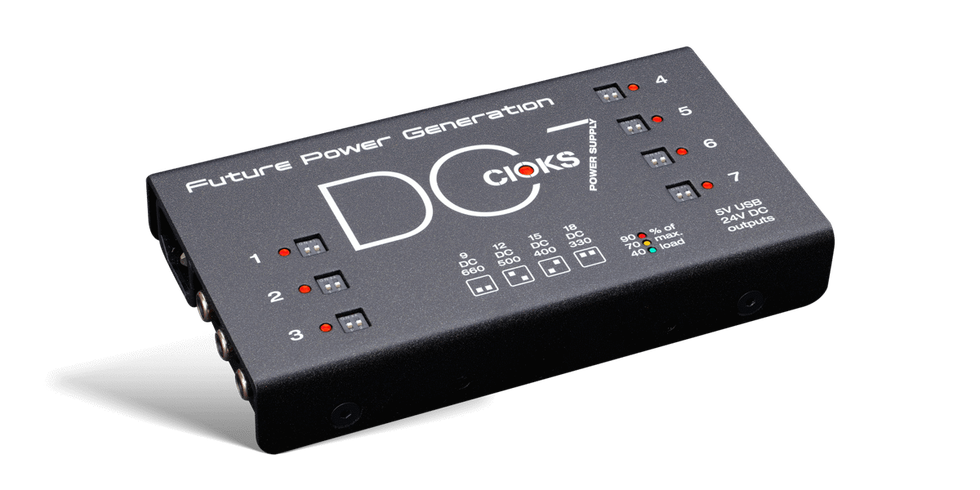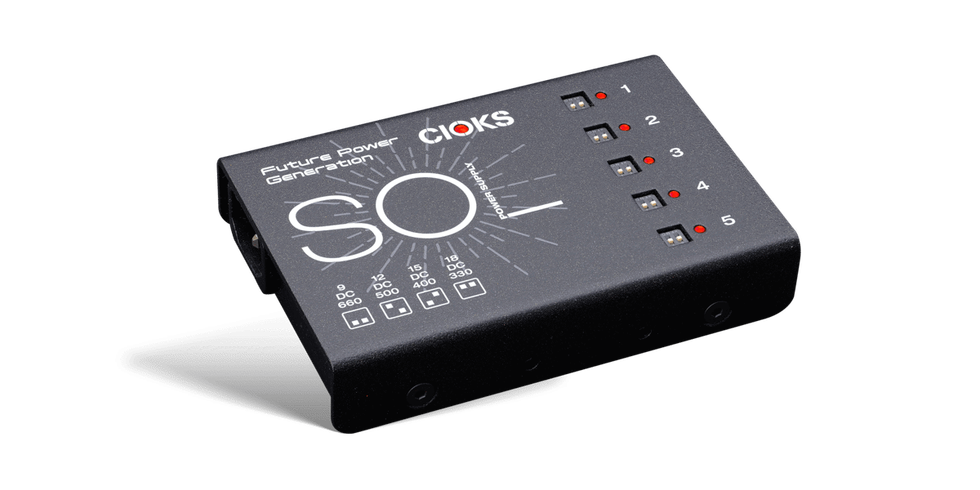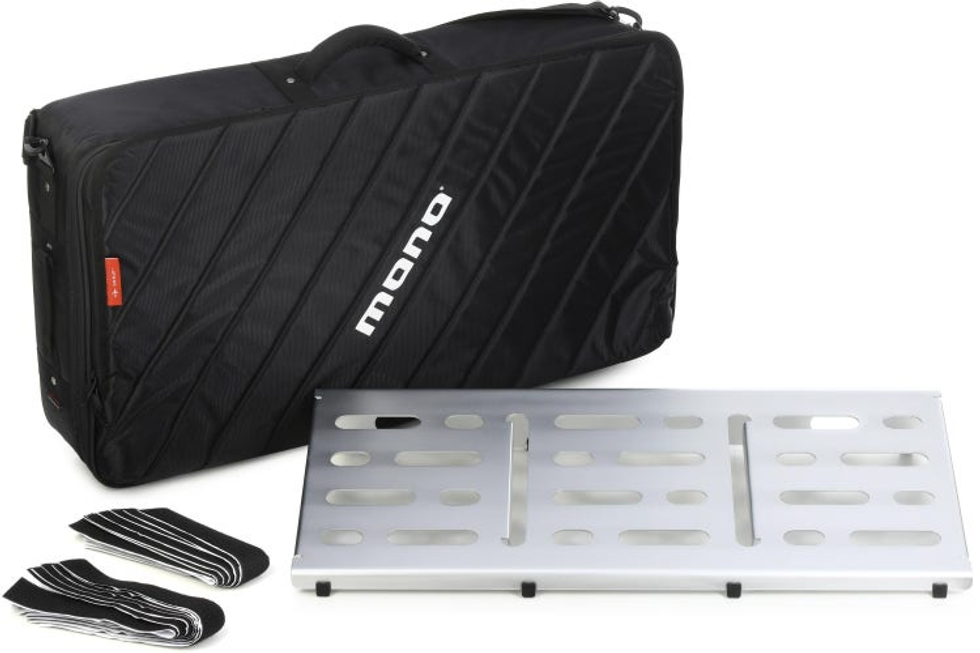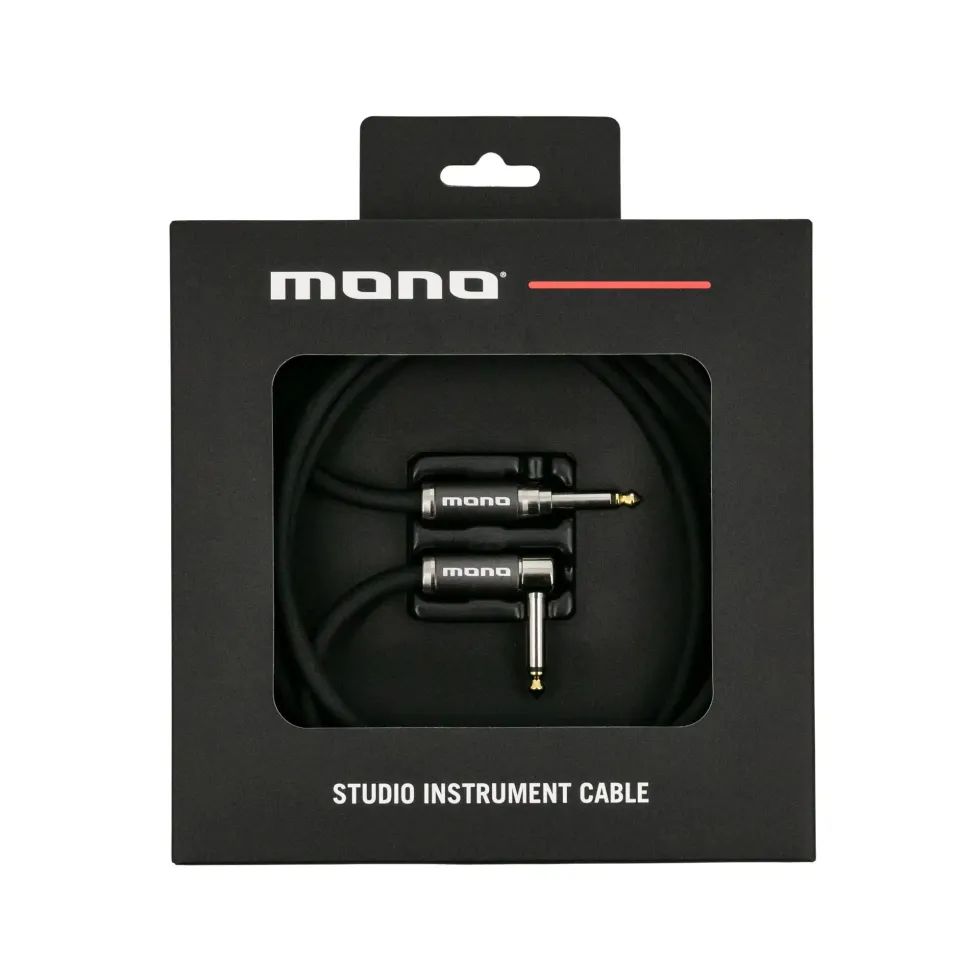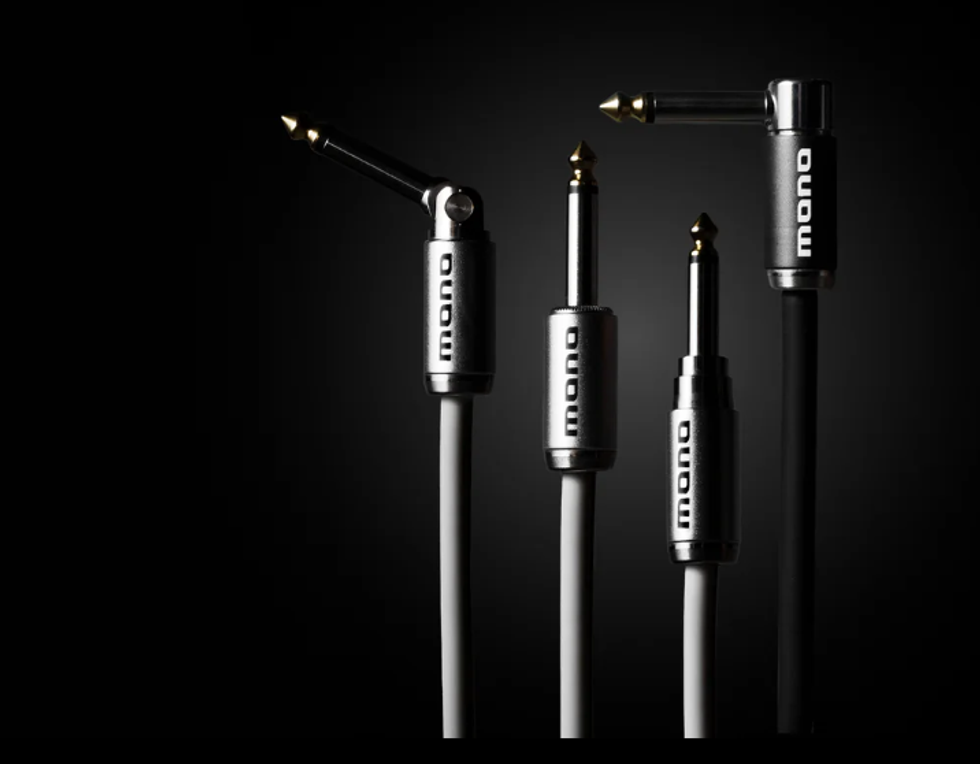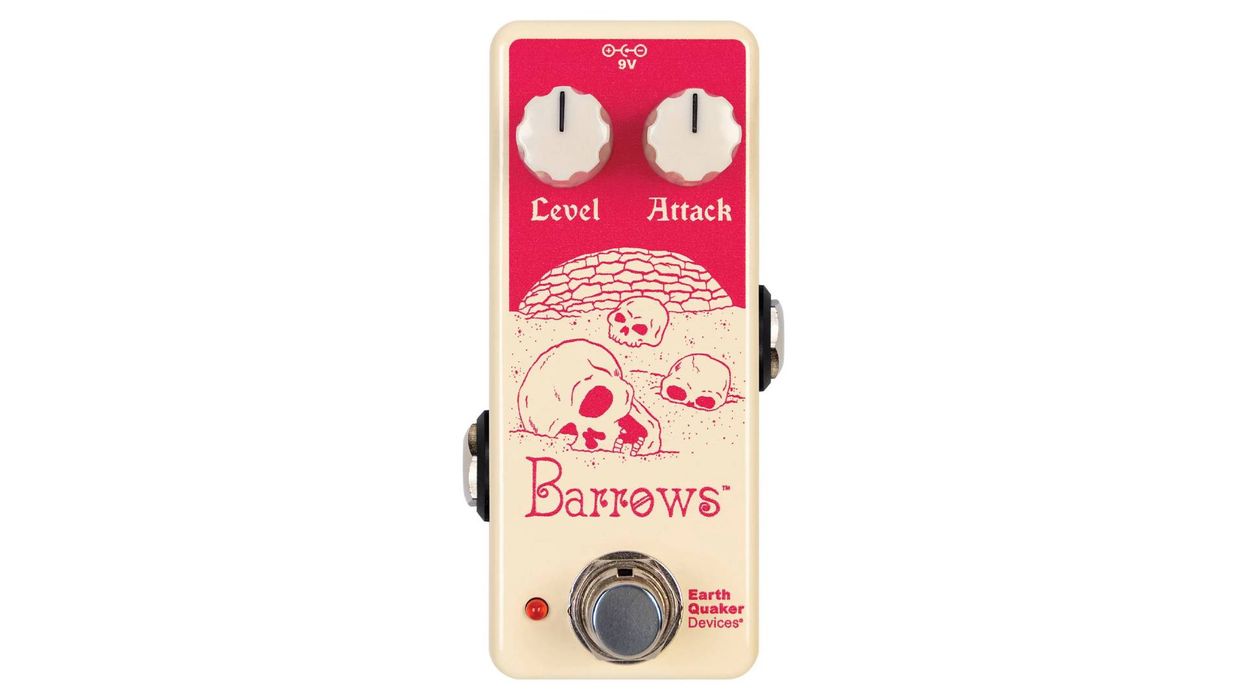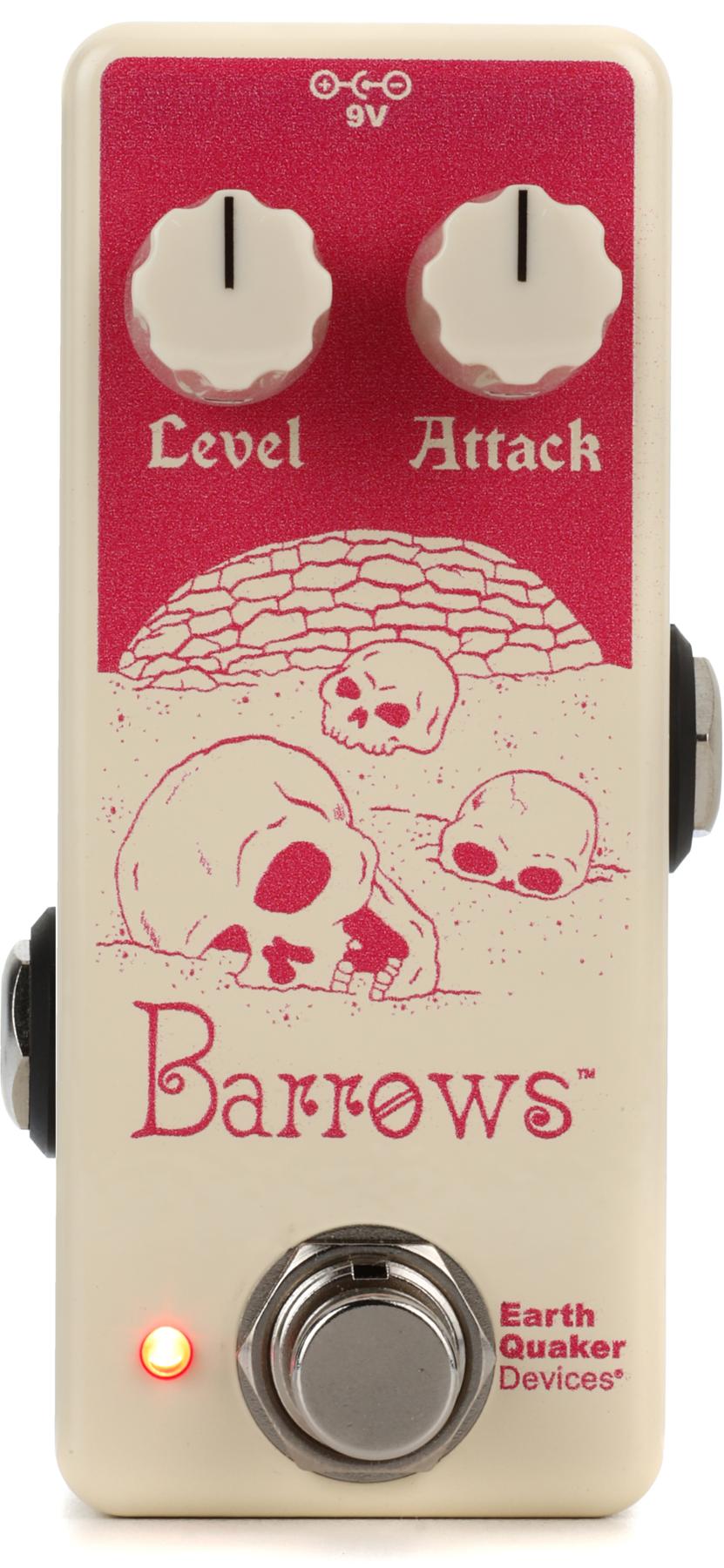Math and physics – excluding all of that string theory mumbo jumbo – find comfort in absolutes. There is only one correct answer when asked for the volume of a cone; jump off the back of a rowboat and it will invariably go in the opposite direction in a direct correlation to the size of your ass and how hard you jumped. These same absolutes have been known to trip up BOSS engineers when upgrading their DD-series of digital delays with regards to cost, features and most importantly, space.
In the early eighties, BOSS combined the compressor/expandor circuit from their DM-series of analog delays with the Roland SDE-3000’s delay chip to create the first digital stompbox delays: the DD-2 and DD-3. The runaway success of these pedals is evident by Japanese-built DD-2s and 3s continuing to fetch premiums on eBay, while an updated version of the DD-3 remains in BOSS’ line-up.
"When the new DD-7 was announced at MusikMesse earlier this year, delay fans everywhere had their fingers crossed. The specs, a mix of the DD-2’s warmth with the DD-5’s functionality, indicated BOSS had been listening to their audience; the Analog mode seemed almost too good to be true."
Trading increased delay time for warmth, the DD-5 – BOSS’ first DD-3 based upgrade – introduced tap tempo delay to the series. It also allowed for tempo to be set from an external footswitch, freeing up the footpedal from an often kludgy operation. But the DD-5 seemed to reach the limits of how many features could be shoe-horned into a compact enclosure. The introduction of the DD-6 and its new, left/right stereo inputs required that the tap tempo input be jettisoned, a move that sent syncopated delay buffs scurrying off to auction sites to drive up the price of used DD-5s.
When the new DD-7 was announced at MusikMesse earlier this year, delay fans everywhere had their fingers crossed. The specs, a mix of the DD-2’s warmth with the DD-5’s functionality, indicated BOSS had been listening to their audience; the Analog mode seemed almost too good to be true. But the question remained; what would be left behind? After playing around with the DD-7 for a few weeks, it seems BOSS has neglected to miss much of anything.
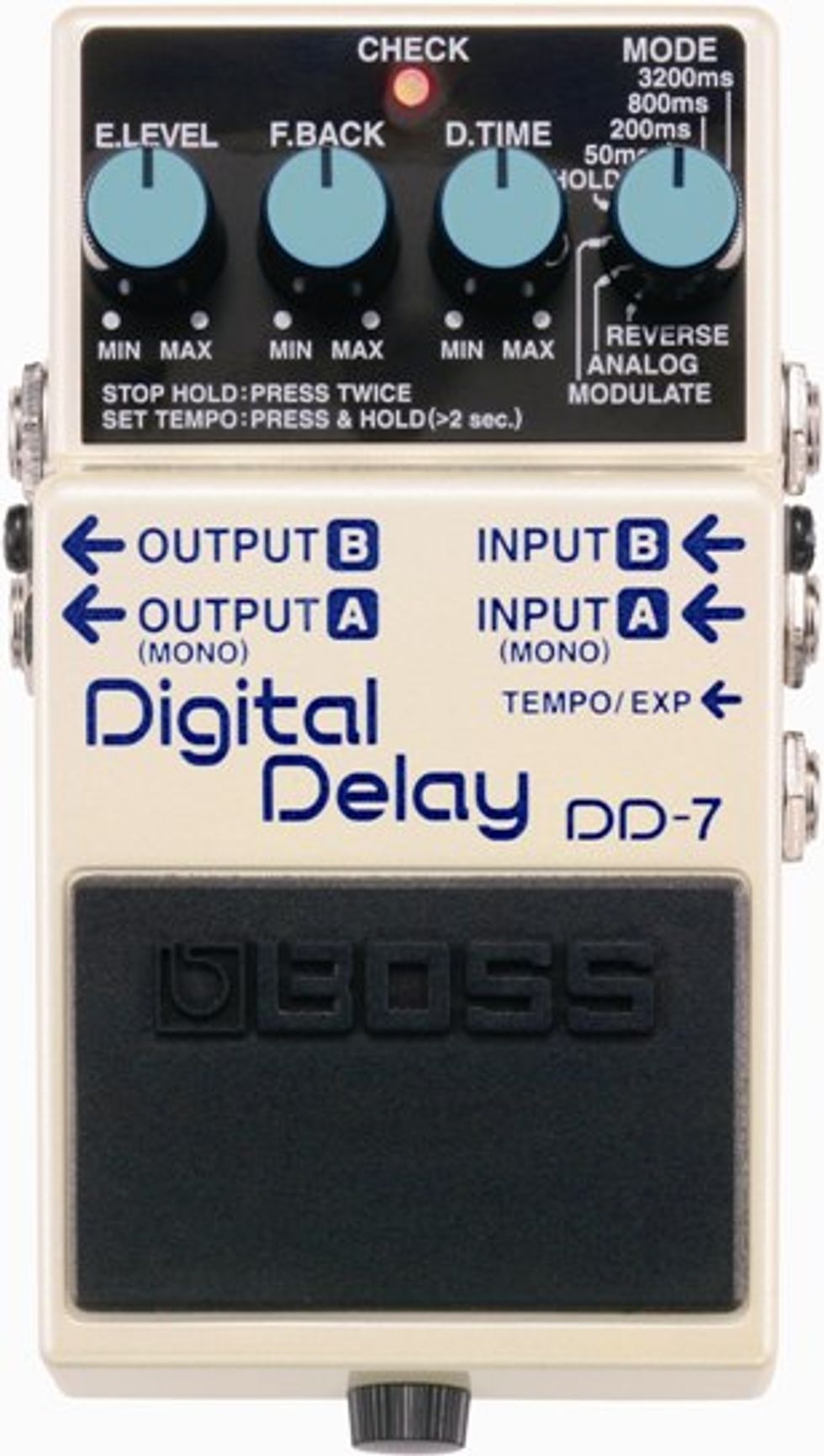 |
The first highly anticipated feature is the tap tempo input function, accessible through a third 1/4” jack on the right side of the pedal, allowing for the continuation of stereo inputs. Using an optional FS-5U footswitch, tempo can be set while the delay is disengaged. While in Modulate, Analog and Reverse modes, tap-tempo programs quarter-notes. In the standard delay modes, the input tempo can be subdivided into quarter-note, dotted- eighth, eighth or quarter-note triplets depending on the Mode knob’s position. Accessing the tap tempo function with the built in footswitch isn’t that bad – select the desired subdivision value with the Mode knob, hold the pedal down for two seconds, tap in the tempo and you’re off. Holding for two more seconds takes you out of tap mode and another short tap disengages the delay – on second thought, if you plan on using the tap tempo much, go ahead and budget an extra $25 for the FS-5U.
The next buzzworthy feature is the Analog delay mode, modeled to sound like a vintage DM-2. While not a dead-on impersonation, this mode sounded fat and sassy and just a touch more hi-fi than the real thing, which is not at all bad. It wasn’t necessarily brighter than a bucket brigade delay; instead, it delivered an unexpected amount of depth and liveliness. The Hold mode ended up being more useful than I anticipated. The 40 seconds of mono delay time was more than enough to lay down some chords for solos and a second loop didn’t hurt the sound, although if loops are your thing, you’ll quickly outgrow the DD-7’s capabilities – disengage the effect and your loop is gone. But for pickers who just need a little backing here and there, the Hold function works well.
Reverse mode is as good as anything else out there, although I guess it could come in handy for an “I’m Only Sleeping” cover. The Modulate mode sounded good and seems to be a good option for people who have small pedalboards and waffle on whether or not they actually like chorus. While the speed and intensity of the effect are static, the defaults sound good and warm with just enough warble, although potential buyers should keep in mind that this mode isn’t meant to approximate any other delay – BOSS isn’t modeling anything here.
The standard delay sounds of the DD-7 are clear without being brittle and are simply incredible; it has a David Gilmore/Eric Johnson, “defined warmth” thing happening. I’m not typically a fan of digital delays – even my old DD-2 eventually began to grate on me, but the DD-7 has turned me into a fanboy. In fact, even if you’re looking at much more expensive delays, give this one a shot. Just make sure to listen with your ears – not your eyes, forums or those horribly tacky guitar rags – and the DD-7 will more than hold its own. The fact that it is easily replaceable nearly everywhere and its cost is almost ludicrous after typical discounting also makes the new BOSS a good choice for those who want to leave the high-end stuff at home, safe from the mud and the blood and the beer.
The Final Mojo
As the originators of the stompbox digital delay, BOSS has sometimes tripped up perfectly good products in an effort to add features. With the DD-7, they have managed to sidestep this particular pitfall by listening to player requests, resulting in a pedal that seems to offer all of the best features of past versions while retaining tonal integrity and a utilitarian focus. This latest digital delay from BOSS gives guitarists solid analog approximations, a limited but useful HOLD function and an external tap tempo input option all while sounding phenomenal and leaving plenty of dosh left over for gas – not gear acquisition syndrome, but real gasoline. That shit’s expensive these days.
Buy if...
an all-around, incredible-sounding, affordable workhorse of a delay sounds appealing
Skip if...
you need absolute control over each and every delay perimeter or a full featured looper
Rating...
MSRP $251.50 - Boss - bossus.com |
Our expert has stated their case, now we want to hear yours. Share your comments and ratings below.



